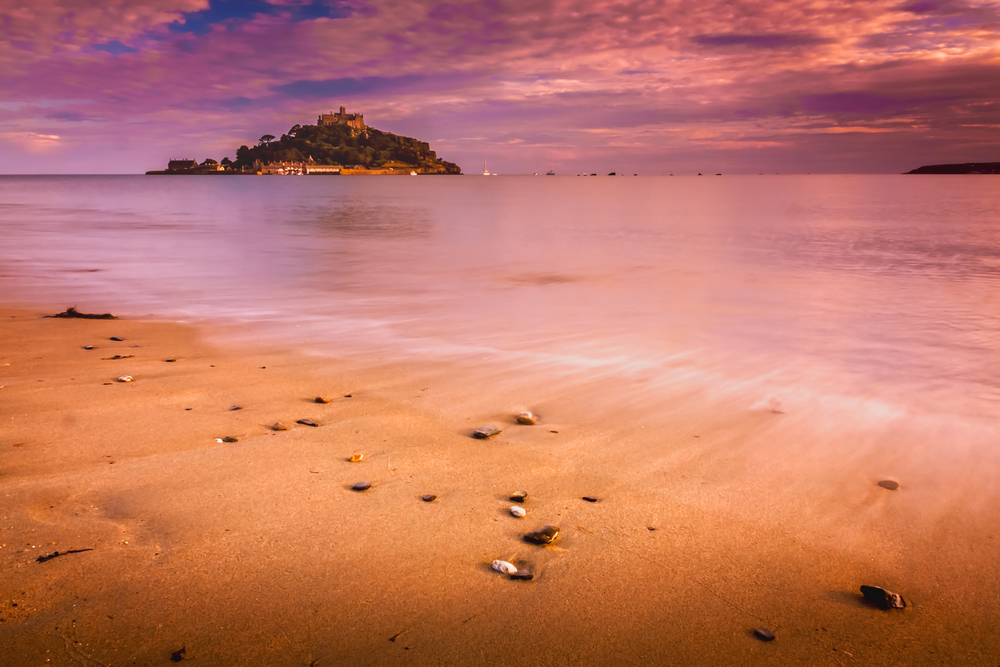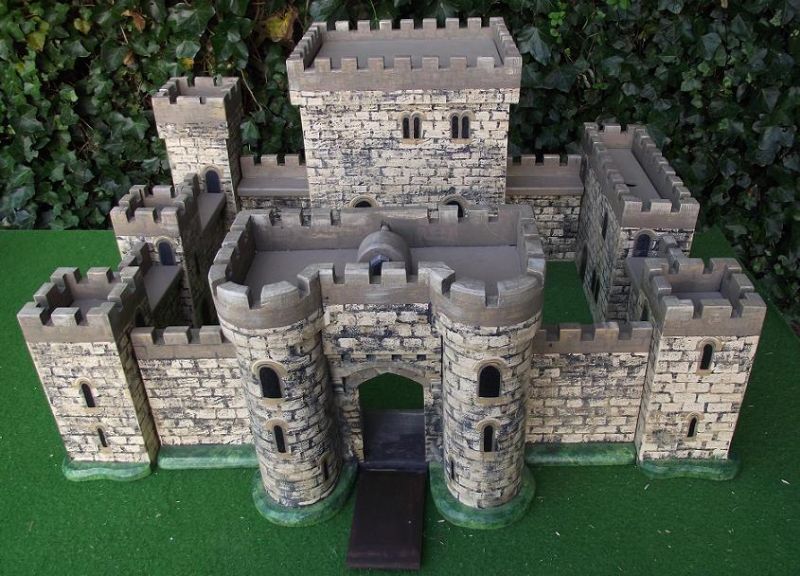Why is our Heritage So Important?
Struck by a sudden need to justify what I do, I jotted down why I think our heritage is worth protecting. Here’s what I came up with.
This may sound like a slightly strange question for someone to pose who’s writing a blog about marketing museums and heritage attractions. But when you’ve devoted the rest of your career to doing your utmost to help to preserve the world’s heritage then you do feel you’ve got to come up with some definitive answers.
I expect textbooks out there can come up with much more erudite responses than mine below, but here’s my own, personal take on it:
It Gives Us Our Identity
A huge part of what makes us what we are is our shared heritage. Take the English (and I’m one). We may be a bit insular (we’ll we’ve had over 1000 years of only meddling in European affairs when it suited us), but we’re fair (Parliamentary democracy), determined (WWII), sometimes brilliant (Industrial Revolution) and we never give up (Dunkirk).
All of these events have helped to shape our ‘national identity’ and it’s this sense of identity which glues us together. And in the same way national events bind us as a nation, so local events help to bind us together as communities.
The historic buildings that we seek to preserve and nurture are physical manifestations and reminders of our common heritage and can help us to tell the stories of these important events.
That’s just one reason they’re worth protecting.
It Gives Us a Sense of Pride
I was checking out the Museum of London the other month and I wandered past the following Henry James quote about London (surprise, surprise) from 1869:
‘It is not a pleasant place, it is not agreeable or cheerful or easy or exempt from rapproach. It is only magnificent.’
I’m not even from London, and although I’ve spent a significant proportion of my life living there, I don’t regard myself as a Londoner. But on reading this quote, I literally swelled with pride that an American writer should hold the capital of my country in such high esteem. And his quote achieved that effect even though he was writing about London almost 150 years ago!
It just underlines the role of history in investing us with a sense of pride – a pride in what our ancestors, who live on in our genes, achieved.
OK – not everything we’ve done has been a deserving of pride. Many of the motivations behind colonialism weren’t all that altruistic, let’s be frank. But there’s an awful lot to be proud of – our inventiveness, our tolerance, our creativeness and, sometimes, just our sheer bloody-mindedness.
And when I walk past a magnificent edifice like Gloucester Cathedral, the Tower of London or even Clifton Suspension Bridge, it gives me a surge of pride to think – ‘my ancestors created that.’
It Inspires and Teaches
I don’t know about you but history inspires me to better things all the time – often by putting my own problems into perspective. When you’ve been reading about a man who was locked up alone in a Korean POW Camp for 19 months in dark, damp conditions, with no exercise, no stimulation and, on most days, no facilities other than the corner of his cell (all recounted in the book below), the fact that Asda have turned up at your door with a couple of unsuitable substitutions sort of pales into insignificance.
I constantly marvel at the achievements of our ancestors, their bravery, their perseverance and their resourcefulness. There’s plenty that they can teach us in these ‘I want to be famous, as long as it’s not too much effort’ times.
And to understand the present, it’s important to understand the past. The problems in Northern Ireland? You need to go back to at least the 17th century and probably before. The Middle East Crisis? The 19th century at least but probably the Old Testament would be a better starting point.
The past helps to give the present context and is an indispensable tool in understanding it.
Because It Makes Our World a More Beautiful and Entertaining Place
On the whole, our heritage enhances our world and makes it a more beautiful place – whether it be the brooding power of an ancient stone circle, the romanticism of a tumbledown castle or the prosperous handsomeness of a Victorian warehouse.
But the thing that most attracted me to history as a child, and something that should never be overlooked, is it’s sheer capacity for escapism and entertainment. These two factors are important safety valves in our increasingly stressed society.
Our heritage is often the source of a rollicking good story. And that, for me, is reason enough for preserving it, as a story without context is not anywhere near as much fun.
So that’s how I justify what I do to myself, and others if they ask. I’m sure you’ve got your own reasons for working in this industry, which I’d encourage you to share.
But I think it’s important to think through why history is important when you’re approaching the challenge of how to interpret your own attraction.
When I’m approaching a project, I think about how this attraction can help to glue the community together. How can it evoke a sense of communal pride. About the lessons that it has to teach. And about the fabulous tales that it has to tell.







